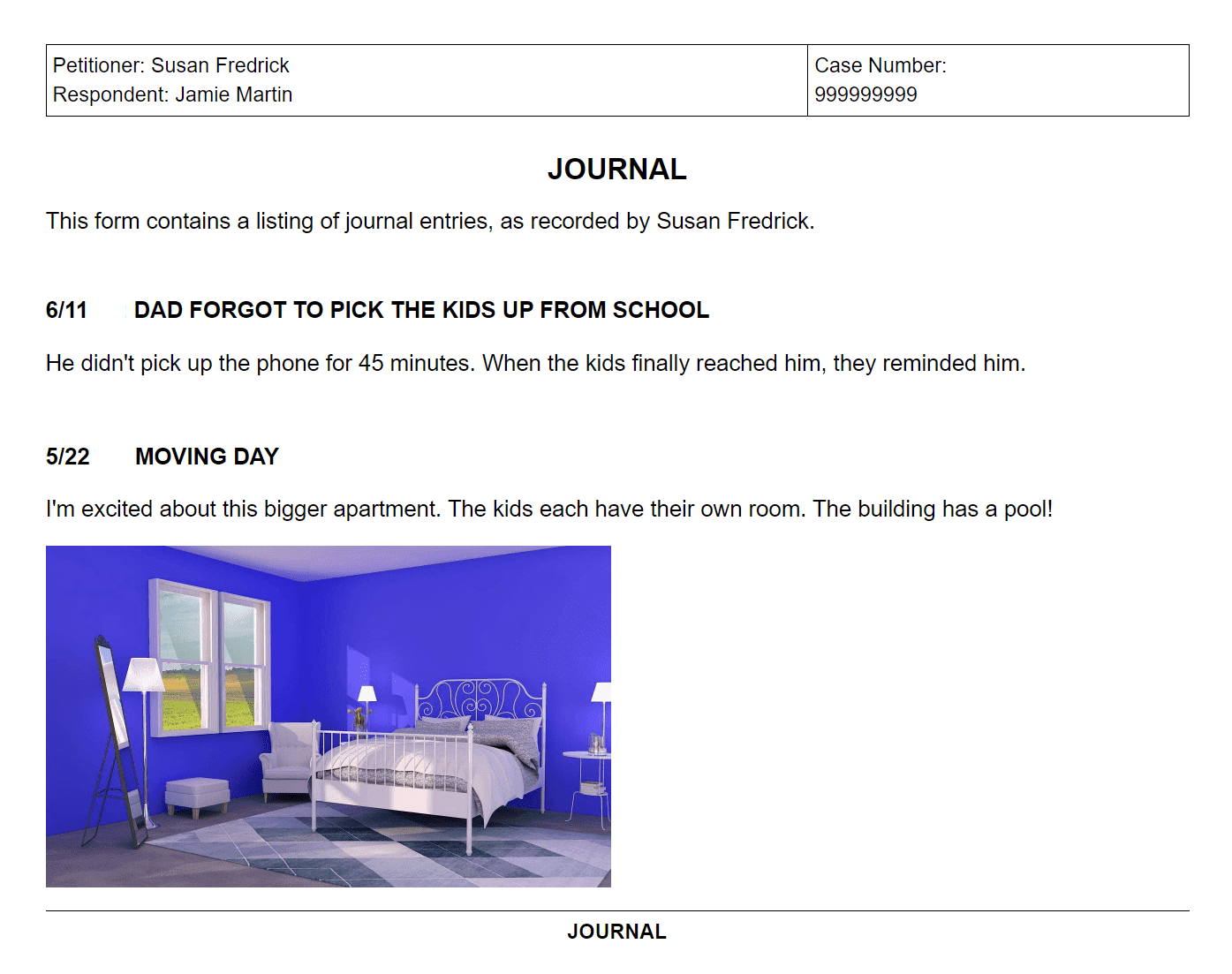Advice To Give Your Child Custody Clients on Day 1
A client can do a lot of damage to their child custody case in a little time if they don't have the right guidance.
As a family lawyer, you need to get your child custody clients started on the right foot. Don't let them walk away from your first meeting until you've given them the following advice about what to do and what not to do in a custody case.
Change phone settings to save older conversations
If your client's cell phone automatically deletes text messages after 30 days, gathering custody documentation may be difficult and you may have some uncomfortable explaining to do during discovery. Judges don't usually like technical ineptitude as an excuse — not for parents and especially not for lawyers.
To be extra safe, tell your client to back up their messages. For instance, Android devices can back up texts to Google Drive.
Let the other parent see the child
Parents often think giving the other parent any time with the child will hurt their own case. In fact, the opposite is usually true. As long as the co-parent isn't a danger to the child, withholding parenting time from them makes your client look selfish and uncooperative. Encourage them to permit reasonable contact between the child and the other parent.
Use a co-parenting app
Convince your client to use a co-parenting app to ease the transition into parenting apart. It can demonstrate their willingness to cooperate with the other parent even if the other parent refuses to take part. Co-parenting apps also keep record of what happens in them, making it easy to print or export information for court.
Some apps, such as Custody X Change, allow you to link accounts with your clients so you can collaborate remotely on things like making a custody schedule.

You can customize this to fit your situation with Custody X Change.
Don't talk about the situation on social media
Your client needs to do their best to present themself as responsible, cooperative and calm. Bad-mouthing the other parent on social media does not fit the bill. Even factual posts can be risky as they rarely come across as totally neutral.
Be clear that this social media rule applies even to private posts they think the other parent will never find out about. It's not worth looking bad if the post gets brought before the judge somehow. Encourage your client to vent to friends in private instead (and never in front of the child).
Document what's happening
Before you send your client away for what could be days or weeks until you next speak with them again, make sure they are set up with a parenting journal or another way to write down relevant things that happen.
Warn them about common journaling mistakes:
- Waiting too long to write — This puts them at risk of forgetting important details.
- Giving too little detail — The more they can give you to work with, the better.
- Combining topics into one entry — This makes it hard for you to find the information you need.
- Journaling about irrelevant information — Everything should ultimately tie back to parenting and the child's well-being.
- Writing snide comments — You want them to use language that's ready to be shown to a judge.
- Not uploading supporting documents — When they can, they should add proof like screenshots and receipts.
With the Custody X Change parenting journal, you can link accounts with your client to help them organize it and prepare paperwork for court. If you don't have a Custody X Change account, your client can email entries to you or print them for you.

You can customize this to fit your situation with Custody X Change.
Be forthcoming with information
You will, of course, ask all the essential questions for new custody clients, but you still won't know what you don't know. So stress to your client the importance of coming to you with any relevant details.
Lawyers sometimes skip this because it seems obvious to them. But family law cases involve lots of personal information that your client may be ashamed of or not used to talking about, so explain to them attorney-client privilege and the importance of not encountering surprises in the courtroom.
